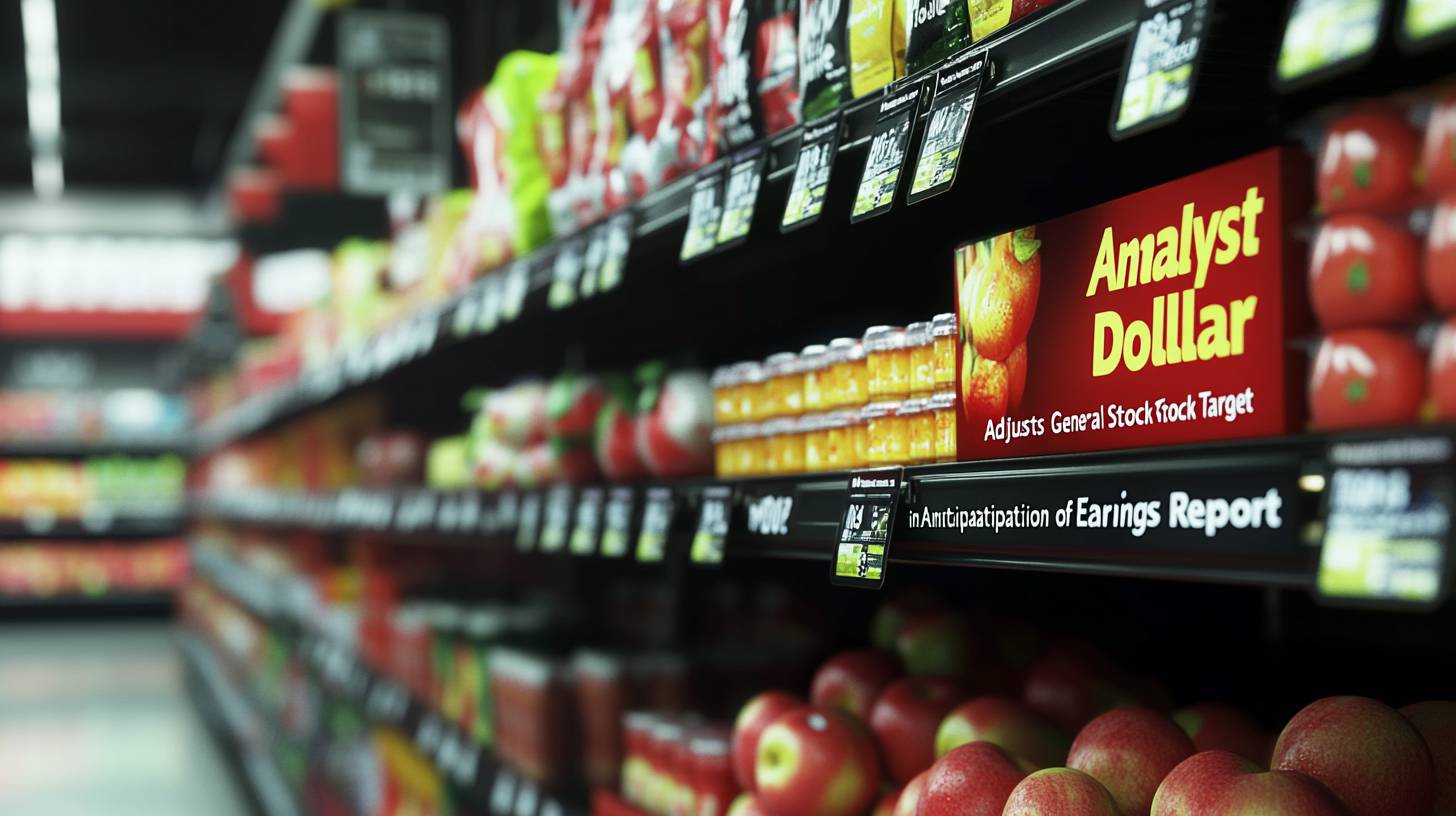
Concerns about Safety and Enhancements at Dollar General
While shopping or working at Target might not raise safety doubts, Dollar General customers and staff may have different feelings. In July, the U.S. Department of Labor reached a settlement with Dollar General, mandating the retailer to pay million in penalties and undertake improvements in workplace safety.
These enhancements involve recruiting more safety managers, cutting down on inventory while boosting stocking efficiency to avoid blocked exits and hazardous material storage, alongside offering health and safety training. Since 2017, the budget retailer has incurred over million in fines from the federal Occupational Safety and Health Administration for issues like blocked fire exits, excessive clutter, and other safety complaints.
Moreover, gun violence has been a concern at Dollar General locations, leading to at least 49 deaths and 172 injuries. Recall the 2023 Jacksonville incident in which three lives were lost due to a racially motivated shooting at a Dollar General store in Jacksonville, Florida.
In October 2023, Dollar General appointed a new CEO, replacing Jeff Owen with Todd Vasos, who had previously served as Chief Executive for seven years before stepping down in 2022. This change occurred two months post-shooting. Under Vasos’s leadership, Dollar General doubled its market valuation and achieved over 80% growth in annual sales.
Oppenheimer analyst Rupesh Parikh mentioned that the new CEO “could assist in restoring confidence” in Dollar General’s stock. The retailer acknowledged that it faced difficulties with U.S. shoppers curbing expenditures in 2023 amidst rising inflation.
Stock Performance and Financial Overview
Dollar General Corporation, a retail chain based in Tennessee, has demonstrated strong financial resilience despite considerable obstacles. The company posted impressive earnings for Q1 of 2024, with net sales hitting .91 billion, an increase of 6.1% compared to the previous year. This exceeded the anticipated .86 billion, showcasing the company’s capacity to thrive in a tough retail landscape. Nonetheless, earnings per share stood at .65, although this figure surpassed the expected .57, it still marked a 29.5% drop from last year.
The retailer has faced a decline in discretionary sales, a phenomenon linked to the financial strains experienced by its core consumer demographic. During the Q1 earnings call, Todd Vasos, reinstated as CEO, pointed out that while premium retailers like Target struggle, Dollar General might find opportunities with consumers looking to cut back on spending. The company has witnessed accelerated growth in its private brands and enhanced interest in products priced at or below , signifying a strategic edge in attracting budget-conscious shoppers.
Looking ahead, Dollar General is scheduled to announce its Q2 earnings for fiscal 2024 on August 29. Analysts and investors will closely scrutinize these results to assess the company’s ongoing performance and its capacity to sustain growth in an unpredictable economic environment.
When it comes to stock evaluation, the outlook for Dollar General has been varied. On August 13, Cleveland Research downgraded the stock from buy to neutral, while Loop Capital lowered its price target to 0 from 0, upholding a hold rating. This sentiment highlights apprehensions regarding macroeconomic factors affecting Dollar General’s primary low-income clientele.
- In contrast, Goldman Sachs included Dollar General stock in its US Conviction List on August 1, maintaining a buy rating with a target price of 9. The firm contends that worries about low-income consumers, discretionary spending, and competition are exaggerated.
As of August 13, Dollar General’s stock was trading around 6. For Australian investors and observers, the developments regarding Dollar General reveal insights into the U.S. retail landscape, particularly regarding how discount retailers are managing economic challenges and shifts in consumer behavior. The strategies and performance of the company could offer valuable lessons for similar retail businesses in Australia, especially regarding inventory management, pricing, and customer engagement during economic downturns.

